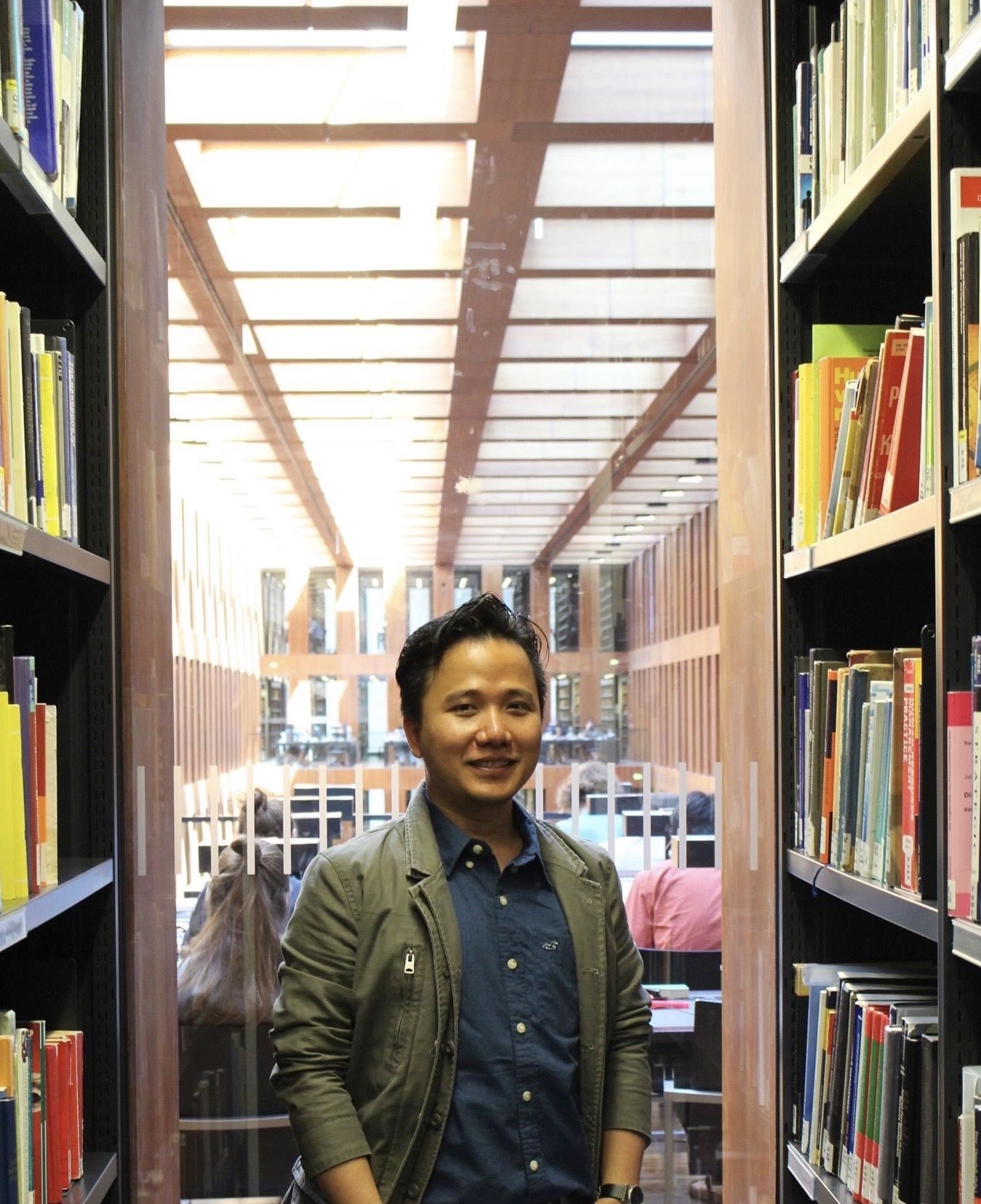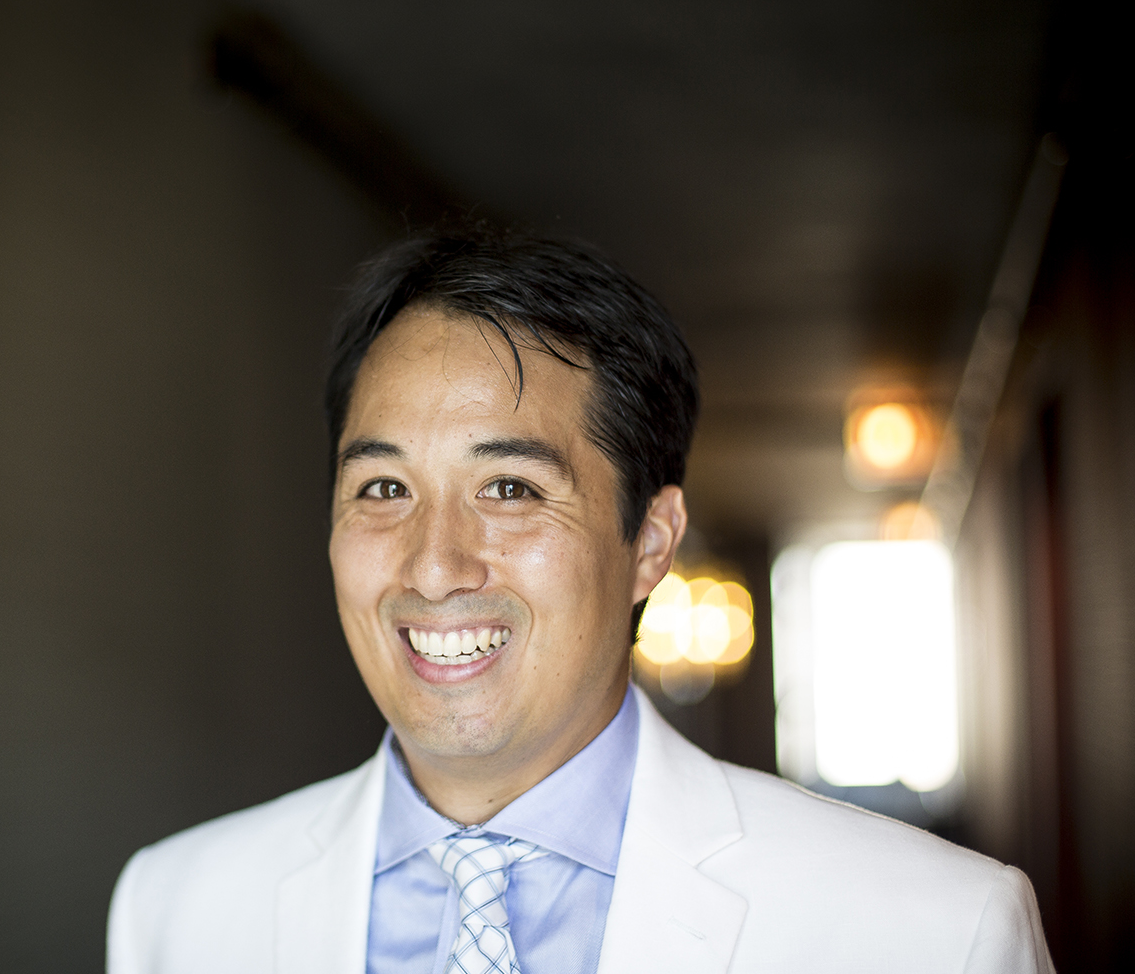2020 ICNC Research Fellows
In 2020, ICNC received several applications from Ph.D. candidates and Junior Faculty to become Research Fellows. The goal of the fellowship is to assist awardees in expanding their analytical and methodological focus, empirical and field data collection, quantitative, case-based and network analyses in the area of civil resistance studies.
The 2020 ICNC Research Fellows are:
Ratanak Khun
 Bio: Ratanak is a PhD student in the Political Science program in Northern Illinois University. He holds three master’s degrees from University Duisburg-Essen (Germany), Humboldt University Berlin (Germany), and Northern Illinois University (USA). He has been consulting part-time for the Cambodian Senate in the HR Development department and other German Research Institutes for the last 10 years. His research interests are Cambodian politics, corruption, landless people’s movements, Cambodian-Vietnamese relations, and Southeast Asian studies.
Bio: Ratanak is a PhD student in the Political Science program in Northern Illinois University. He holds three master’s degrees from University Duisburg-Essen (Germany), Humboldt University Berlin (Germany), and Northern Illinois University (USA). He has been consulting part-time for the Cambodian Senate in the HR Development department and other German Research Institutes for the last 10 years. His research interests are Cambodian politics, corruption, landless people’s movements, Cambodian-Vietnamese relations, and Southeast Asian studies.
Research Topic: Civil Resistance Against Land Grabs and Forced Evictions: Cambodia’s Landless People Movements in Comparative Perspective
Abstract: In the context of growing authoritarian rule in Cambodia, civil resistance has been the only way for the landless people’s movements to cope collectively with the effects of forced eviction, displacement, and dispossession of their lands. In Cambodia, the movements in urban areas articulated their grievances differently than those in the rural areas, despite what might appear to be a shared historical background, grievance, and purpose. Moreover, the urban-based movements are advantaged by physical proximity to important locations of state institutions, offices of political parties and advocacy organizations, and by better access to information technology in general. In comparative perspective, it is difficult for the rural-based movements to organize protests that target specific leadership. However, a few questions remain unanswered: 1) Why were some rural-based movements able to resist the land grabs through civil resistance but others were restricted? 2) Why did some urban-based movements achieve higher level of success of civil resistance, but others achieved a lower level of success? This paper will provide answers to these questions.
Sooyeon Kang
 Bio: Sooyeon is a PhD candidate at the Josef Korbel School of International Studies, University of Denver, a pre-doctoral fellow at the Carr Center for Human Rights Policy at the Harvard Kennedy School, and a 2020-2021 Peace Scholar Fellow at the United States Institute of Peace. Her research interests include mass mobilization, political violence, political psychology, and all things North Korea. Her work has been published in the Journal of Conflict Resolution, The Washington Post – Monkey Cage, Peterson Institute for International Economics, and Political Violence at a Glance. She holds an MA in International Affairs from The Fletcher School of Law and Diplomacy and a BA in Government and Psychology from Dartmouth College.
Bio: Sooyeon is a PhD candidate at the Josef Korbel School of International Studies, University of Denver, a pre-doctoral fellow at the Carr Center for Human Rights Policy at the Harvard Kennedy School, and a 2020-2021 Peace Scholar Fellow at the United States Institute of Peace. Her research interests include mass mobilization, political violence, political psychology, and all things North Korea. Her work has been published in the Journal of Conflict Resolution, The Washington Post – Monkey Cage, Peterson Institute for International Economics, and Political Violence at a Glance. She holds an MA in International Affairs from The Fletcher School of Law and Diplomacy and a BA in Government and Psychology from Dartmouth College.
Research Topic: From Reform to Resignation: Explaining Why Some Protest Movements Escalate Their Demands (Demand Escalation Database)
Abstract: Hundreds of mass movements occur worldwide every year over wages, corruption, inflation, environmental issues, women’s rights, racial justice, and indigenous rights, among other reasons. But it is far from clear when and why some reformist claims intensify into demands for the resignation of the national leader or the overthrow of an incumbent regime. Using a combination of large-N quantitative analysis and qualitative case studies of different opposition movements in South Korea and Hong Kong, this project aims to assess the conditions under which demands grow from seeking redress in a certain policy space to calling for the removal of the incumbent—what I call “demand escalation”—even after the government offers concessions. This project considers government concession and repression as causal variables rather than outcome variables, and it analyzes the interactive relationship between concession and movement configuration, and repression and movement configuration. By varying the options of state response and movement structure, this project provides a more nuanced account of the state-movement interaction with the intuition that demand escalation is at times sincere and other times strategic.
About the Database: This project includes the creation of a new database that builds on the Major Episodes of Contention dataset (Chenoweth, Kang, and Moore, in progress). The global database will capture new information on maximalist campaigns (those seeking the ouster of the incumbent or the entire regime) from 1955-2018. Details such as whether or not protest demands escalated, the number and type of reformist claim(s) that preceded maximalist demands (if any), as well as information about the movement structure and government response will be coded as new variables. The quantitative analysis will allow me to make generalizable, descriptive statements about various pathways to demand escalation, trying to understand the question why movement goals sometimes evolve.
John Chin
 Bio: John J. Chin is a post-doctoral fellow with the Institute for Politics and Strategy at Carnegie Mellon University, where he teaches a course each spring on nonviolent conflict and revolution. He earned his PhD in politics from Princeton University. His first book, with Joseph Wright and David Carter, is a forthcoming Historical Dictionary of Modern Coups D’état. His writing has been published in the Journal of Chinese Political Science, Georgetown Journal of International Affairs, The Monkey Cage, Political Violence at a Glance, and The Washington Post.
Bio: John J. Chin is a post-doctoral fellow with the Institute for Politics and Strategy at Carnegie Mellon University, where he teaches a course each spring on nonviolent conflict and revolution. He earned his PhD in politics from Princeton University. His first book, with Joseph Wright and David Carter, is a forthcoming Historical Dictionary of Modern Coups D’état. His writing has been published in the Journal of Chinese Political Science, Georgetown Journal of International Affairs, The Monkey Cage, Political Violence at a Glance, and The Washington Post.
Research Topic: Why Anti-Coup Civil Resistance Works
Abstract: How often does primarily nonviolent “anti-coup” civil resistance arise to challenge coups d’état (illegal seizures of power by armed forces or regime insiders)? How does mass mobilization affect the outcome of coups? How often is civil resistance effective in rapidly defeating coups without bloodshed within a week? Does nonviolent anti-coup protest increase the likelihood that “endgame coups,” those that occur due to security force defections amidst mass uprisings, rapidly promote democratization?
Coups d’état have been by far the leading cause of the breakdown of both democracies and dictatorships for most of the post-World War II period, at least until more recently as nonviolent mass uprisings have become more common than coups and armed resistance campaigns under dictatorships. The attempted uprising in Venezuela at the end of March 2019, which involved some security forces trying to stage a “legal” coup, demonstrates the continuing relevance of coups. Thus, a clear understanding of when and how mass mobilization may promote democratic coups against dictators, and how to defeat coups against democratic governments, will be central to defending democracy and protecting human rights around the world for years to come.
About the Database: This project includes the creation of a new database, the Colpus Mass Mobilization dataset. Despite a resurgence of literature on coups and the explosion of research on civil resistance in recent years, scholars have only scratched the surface when it comes to systematically analyzing these phenomena jointly, no doubt in part due to a lack of data. This new cross-national data set aims to spur more systematic study of anti-coup civil resistance.